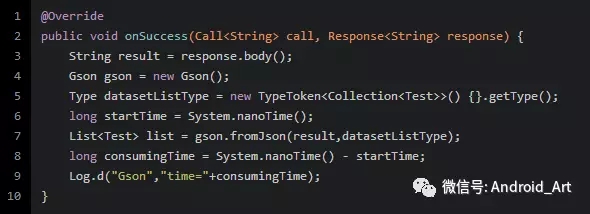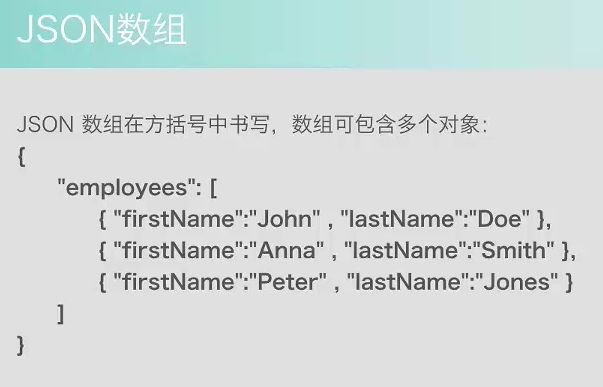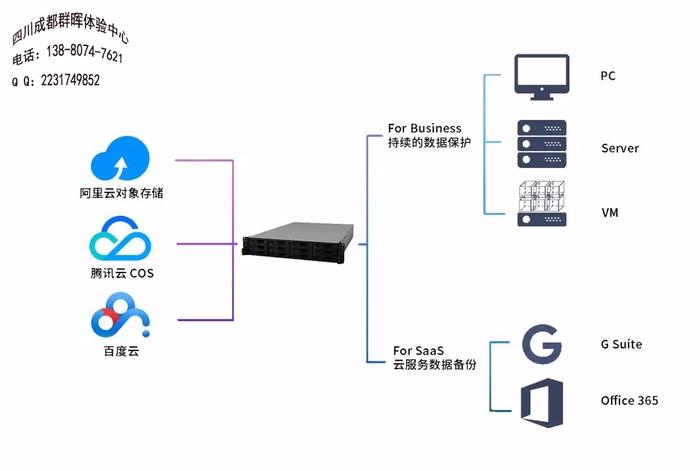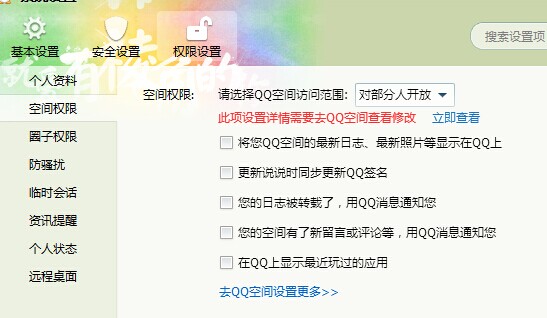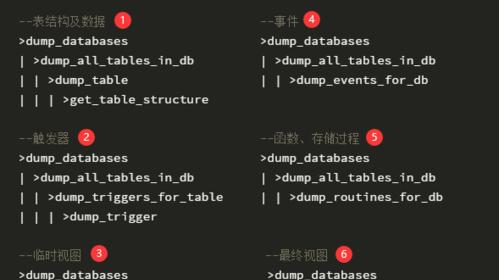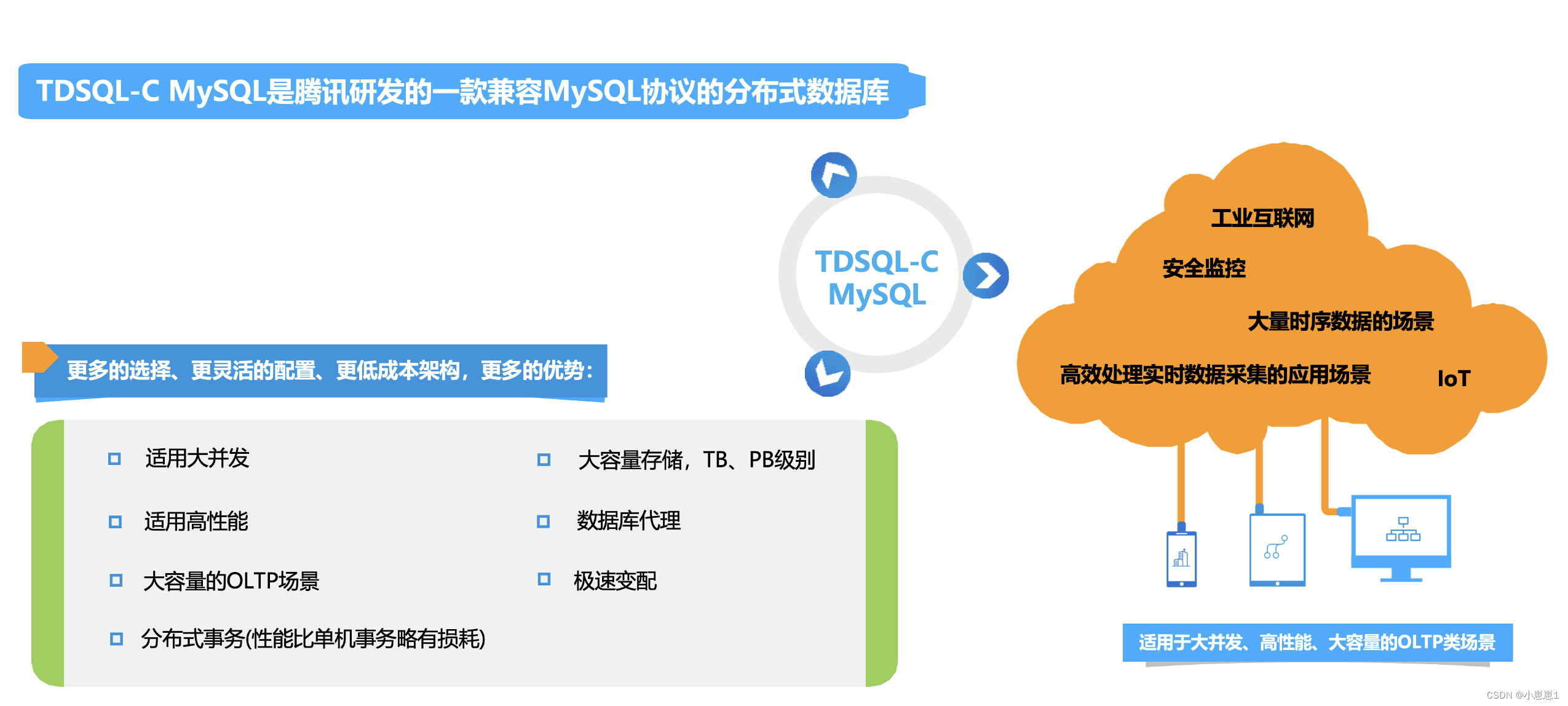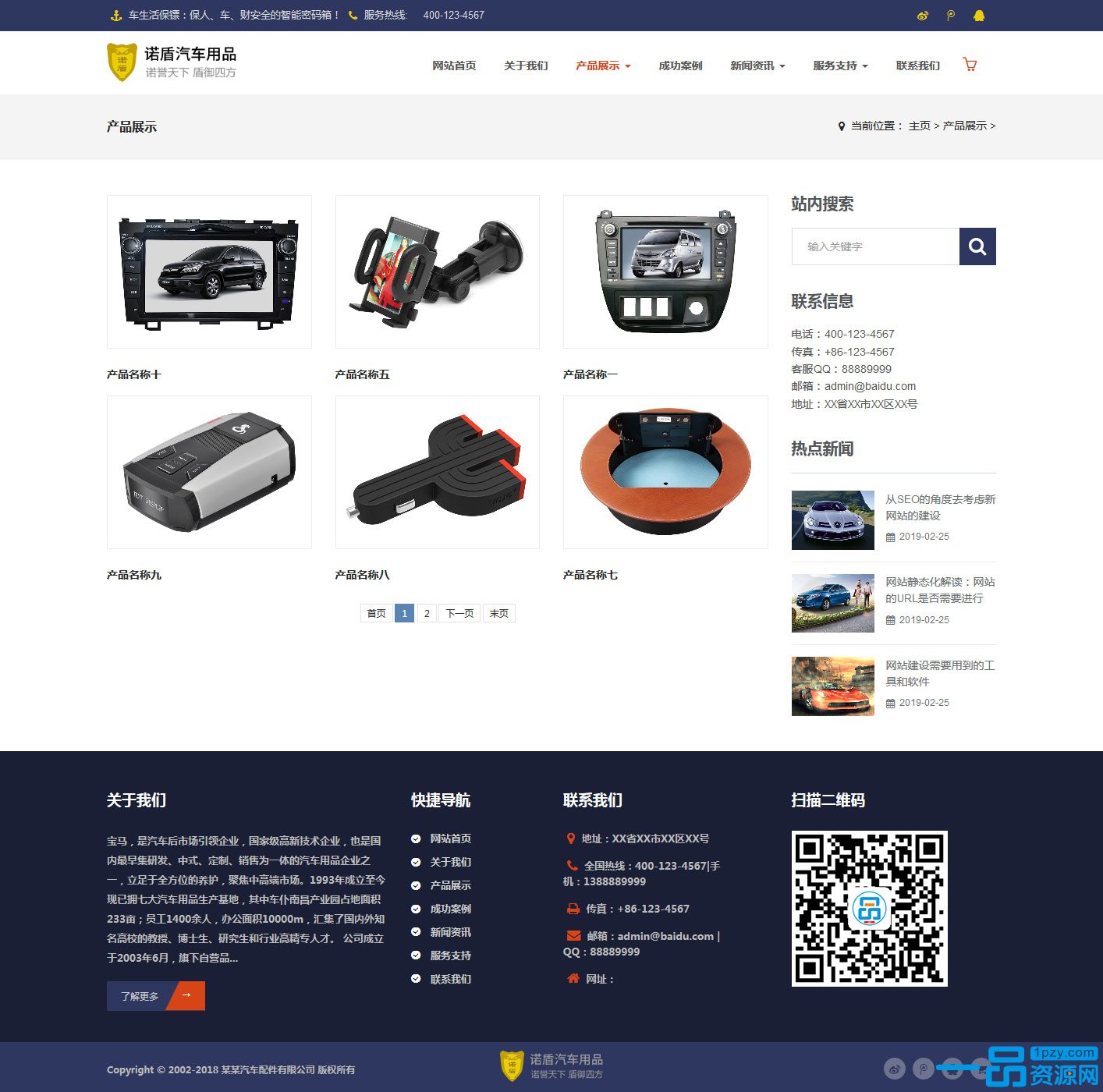上一篇
安卓从服务器获取json数据
- 行业动态
- 2025-04-24
- 1
安卓应用配置网络权限,通过OkHttp/Retrofit异步请求服务器JSON数据,Gson解析为对象并处理异常,验证数据后于主线程更新UI
前置准备
添加网络权限
在 AndroidManifest.xml 中声明网络访问权限:
<uses-permission android:name="android.permission.INTERNET" />
选择网络库
- 原生 API:
HttpURLConnection(轻量但代码较多) - 第三方库:
OkHttp(简洁高效)、Retrofit(适合复杂 API 调用) - JSON 解析库:
org.json(内置)、Gson(Google 出品)、Moshi(现代化)
实现步骤(以 OkHttp + Gson 为例)
添加依赖
在 build.gradle 中添加:
implementation 'com.squareup.okhttp3:okhttp:4.10.0' implementation 'com.google.code.gson:gson:2.10.1'
创建数据模型类
假设 JSON 数据格式为:
{
"name": "张三",
"age": 25,
"hobbies": ["篮球", "阅读"]
}对应 Java 类:
public class User {
private String name;
private int age;
private List<String> hobbies;
// Getter 和 Setter 方法
}发起网络请求
import okhttp3.OkHttpClient;
import okhttp3.Request;
import okhttp3.Response;
import com.google.gson.Gson;
import java.io.IOException;
public class JsonFetcher {
private static final String URL = "https://example.com/api/user";
public void fetchData() {
OkHttpClient client = new OkHttpClient();
Request request = new Request.Builder()
.url(URL)
.build();
client.newCall(request).enqueue(new okhttp3.Callback() {
@Override
public void onFailure(Call call, IOException e) {
// 处理失败(如网络错误)
runOnMainThread(() -> {
// 更新 UI 或日志
Log.e("NetworkError", e.getMessage());
});
}
@Override
public void onResponse(Call call, Response response) throws IOException {
if (response.isSuccessful()) {
String jsonData = response.body().string();
parseJson(jsonData);
} else {
// 处理 HTTP 错误(如 404)
runOnMainThread(() -> {
Log.e("HTTPError", "Code: " + response.code());
});
}
}
});
}
private void parseJson(String json) {
Gson gson = new Gson();
User user = gson.fromJson(json, User.class);
runOnMainThread(() -> {
// 更新 UI(如设置 TextView)
textView.setText(user.getName() + ", 年龄:" + user.getAge());
});
}
private void runOnMainThread(Runnable task) {
new Handler(Looper.getMainLooper()).post(task);
}
}关键问题处理
| 问题 | 解决方案 |
|---|---|
| 主线程网络请求崩溃 | 使用子线程(如 AsyncTask、Thread)或异步框架(如 RxJava、协程) |
| JSON 解析失败 | 检查字段名是否匹配,使用 @SerializedName 注解处理命名不一致问题 |
| SSL 证书验证失败 | 在 OkHttp 中配置 sslSocketFactory,或调试时临时禁用验证(不推荐生产环境) |
| 乱码问题 | 确保服务器返回 UTF-8 编码,客户端也按 UTF-8 解析 |
常见问题与解答
问题 1:如何发送带参数的 POST 请求?
解答:
修改 Request.Builder 并添加请求体:
MediaType JSON = MediaType.get("application/json; charset=utf-8");
String postBody = new Gson().toJson(new User("李四", 30, null)); // 构造 JSON
Request request = new Request.Builder()
.url("https://example.com/api/user")
.post(RequestBody.create(postBody, JSON))
.build();问题 2:如何解析嵌套 JSON 对象?
解答:
定义嵌套类或使用 @SerializedName:
public class User {
private String name;
@SerializedName("profile") // 对应 JSON 中的 profile 对象
private Profile profile;
// 其他字段和 Getter/Setter
}
public class Profile {
private String city;
private String phone;
// Getter/Setter
}扩展优化建议
| 优化方向 | 说明 |
|---|---|
| 缓存数据 | 使用 OkHttp 的缓存机制或集成 Room 数据库存储数据 |
| 错误重试机制 | 通过拦截器(Interceptor)实现自动重试 |
| 安全性 | 使用 HTTPS,配置证书锁定(Certificate Pinning) |
| 性能优化 | 使用 Kotlin 协程替代回调,简化异步逻辑 |

